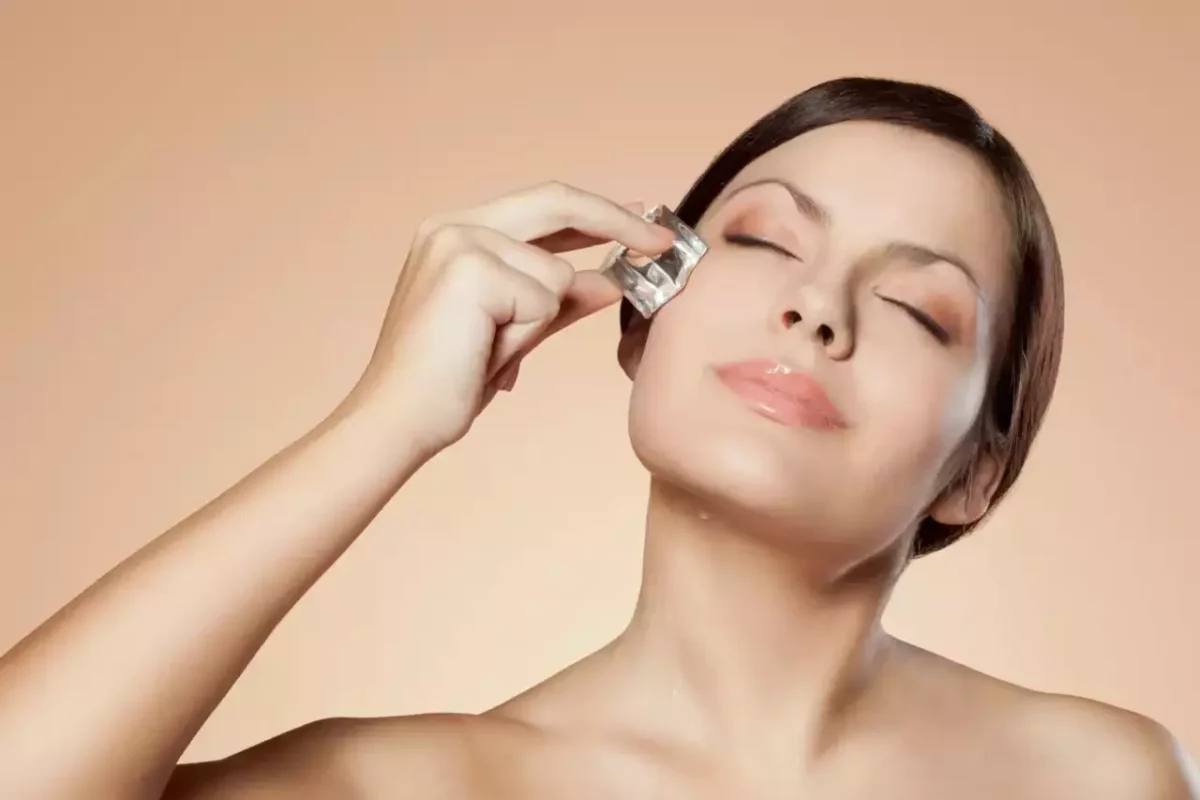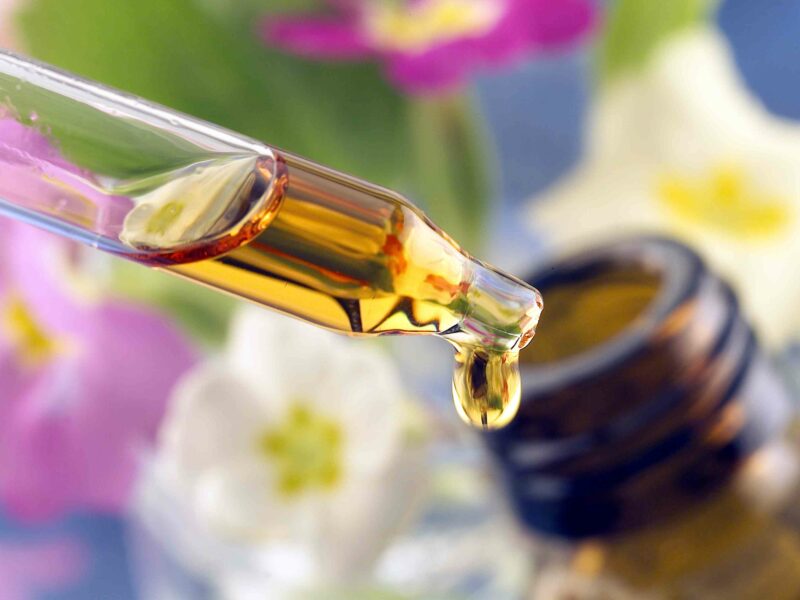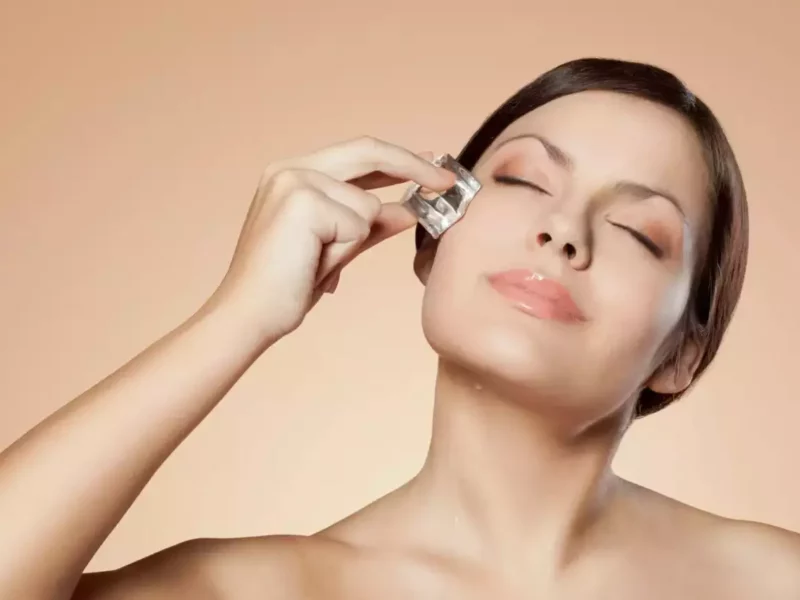Maintaining healthy and glowing skin can be challenging, especially with the harsh environmental factors that we face on a daily basis. One of the most effective ways to achieve excellent skin care is through proper nutrition and hydration. A well-balanced diet with essential nutrients plays a vital role in keeping your skin healthy and radiant.
However, one key ingredient that should not be overlooked in any skincare regimen is oil. While some may shy away from using oils on their skin for fear of causing breakouts or making their skin too oily, incorporating the right kind of oil into your diet can work wonders for your complexion. In this article, we will explore how adding certain oils to your diet can help you achieve beautiful and flawless-looking skin.
The importance of diet for skin care
Oil is an essential ingredient in any diet for excellent skin care. Incorporating healthy oils such as olive, coconut, and avocado oil into your diet can help improve the quality of your skin. These oils are rich in antioxidants and healthy fats that nourish the skin from within and promote a healthy glow.
In addition to incorporating healthy oils into your diet, it’s also important to cut back on processed foods, sugar, and alcohol. These substances can cause inflammation in the body and lead to breakouts and dull-looking skin. Instead, focus on eating whole foods like fruits, vegetables, lean proteins, nuts, and seeds which are packed with vitamins and minerals that support overall health including skin health.
Lastly, staying hydrated by drinking plenty of water throughout the day is crucial for maintaining healthy skin. Water helps flush out toxins from the body which can cause acne or other unwanted blemishes. In summary, a balanced diet rich in healthy oils paired with whole foods and plenty of water is key to achieving beautiful glowing skin from within.
The Role of Oil in skincare
Oil has been used in skin care for centuries, and its role in maintaining healthy skin cannot be overstated. Natural oils like coconut oil, jojoba oil, and argan oil are packed with antioxidants that help to protect the skin against free radicals and environmental stressors. They also contain essential fatty acids that keep the skin moisturized and supple.
When properly applied to the skin, natural oils can penetrate deep into its layers to nourish and hydrate it from within. They help to balance sebum production and prevent acne breakouts while reducing inflammation and redness. Oils like tea tree oil even have antibacterial properties that can kill harmful bacteria on the surface of the skin.
However, not all oils are created equal when it comes to skincare. It is important to choose high-quality natural oils that are non-comedogenic (meaning they won’t clog pores) and suitable for your specific skin type. Incorporating a variety of oils into your skincare routine can provide a range of benefits for optimal skin health.
Types of oils for excellent skin care
When it comes to skincare, using the right oil can make a huge difference. Not all oils are created equal, and some are better suited for certain skin types than others. Here are a few of the best oils to incorporate into your skincare routine.
Firstly, jojoba oil is an excellent choice for those with oily or acne-prone skin. It closely resembles the natural oils produced by our skin, which means it’s less likely to clog pores or cause breakouts. Additionally, jojoba oil has anti-inflammatory properties that can help calm irritated skin.
Another great option is argan oil, which is high in vitamin E and fatty acids that nourish and hydrate dry or aging skin. It also has antioxidant properties that protect against sun damage and environmental stressors. Argan oil absorbs quickly without leaving a greasy residue, making it ideal for use on both the face and body.
Lastly, rosehip seed oil is a popular choice for reducing the appearance of fine lines and wrinkles due to its high concentration of vitamin A (retinol). It also contains vitamin C, which brightens and evens out skin tone while promoting collagen production. Rosehip seed oil can be used as a daily moisturizer or added to other products like serums or masks for an extra boost of nutrients.
Also Read: WELLHEALTHORGANIC.COM:FACIAL-FITNESS-ANTI-AGING-FACIAL-EXERCISES-TO-LOOK-YOUNGER-EVERY-DAY
How to incorporate oil into your diet
There are many ways to incorporate oil into your diet for the benefits of excellent skin care. One way is by cooking with healthy oils such as olive, avocado, or coconut oil. These oils can be used in place of butter or other less healthy options when sautéing vegetables, frying foods, or creating sauces and dressings.
Another way to consume oil for skin health is by adding it to smoothies or protein shakes. Flaxseed oil and hempseed oil are great options for this, as they contain essential fatty acids that may promote healthy skin function and reduce inflammation.
Finally, drizzling a small amount of high-quality extra virgin olive oil over salads or roasted vegetables can not only add flavor but provide additional health benefits as well. Just be sure not to go overboard on the oil consumption, as too much fat intake can have negative effects on overall health.
Additional tips for healthy skin
In addition to incorporating healthy oils into your diet for skin care, a few other tips can help promote healthy skin. One important factor is hydration. Drinking plenty of water helps keep the skin moisturized and can prevent dryness and irritation. Additionally, avoiding excessive sun exposure and wearing sunscreen can protect the skin from damage caused by UV rays.
Another factor to consider is stress management. High levels of stress can lead to acne breakouts and other skin issues, so finding healthy ways to manage stress such as exercise or meditation can be beneficial for overall skin health. Finally, getting enough sleep is crucial for allowing the body time to repair and regenerate cells, including those in the skin.
Overall, taking a holistic approach to skincare that includes a balanced diet with healthy oils, regular hydration, sun protection, stress management and adequate rest can help maintain healthy and vibrant-looking skin.
Conclusion: Diet and oil are crucial for beautiful skin
In conclusion, it is clear that diet and oil play a crucial role in achieving beautiful skin. A healthy and balanced diet that includes plenty of fruits, vegetables, lean proteins, and whole grains can provide the necessary vitamins and nutrients for healthy skin. Foods rich in antioxidants such as blueberries, spinach, and nuts can help prevent damage from free radicals which cause premature aging.
In addition to a nutritious diet, using natural oils on the skin can also be very beneficial. Oils such as coconut oil, argan oil, and jojoba oil contain essential fatty acids that help nourish the skin and protect it from environmental stressors. They also have anti-inflammatory properties which can reduce redness and irritation.
Together with a proper skincare routine that includes cleansing, toning, moisturizing, exfoliating regularly using natural products to maintain pH level of the skin; a healthy lifestyle including regular exercise and sufficient water intake will give you glowing beautiful looking skin!























